¡CONEXIONES! Mexico
SUNDAY, MAY 5, 2019, 7:00 PM
Teatro Esperanza
4261 N. 5th Street, Philadelphia 19140

Presented in partnership with the Consulate of Mexico in Philadelphia and the Mexican Cultural Center as part of the city's 2019 annual Mexican Week.
This concerts series funded in large part by the Connelly Foundation.

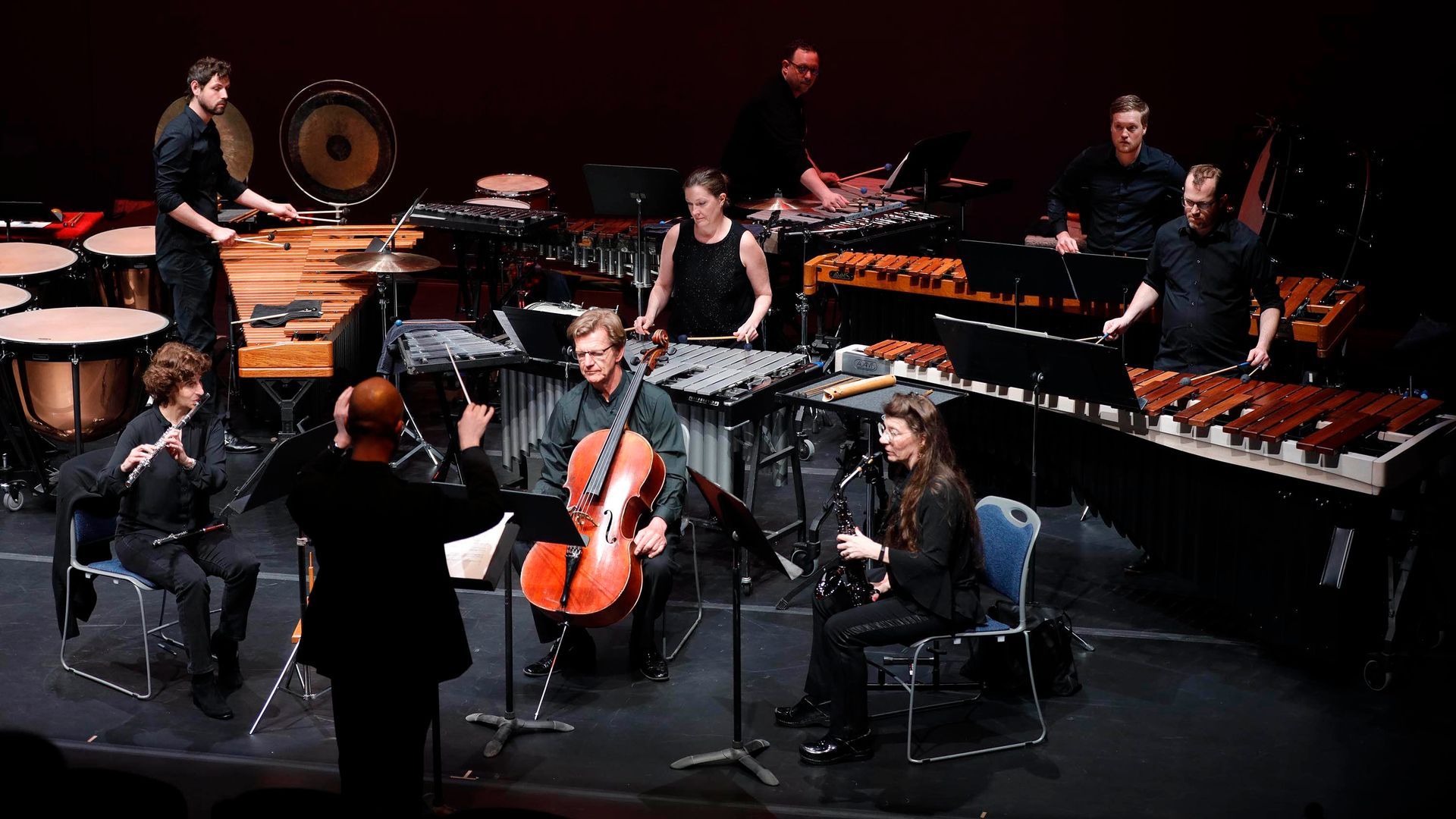
PROGRAM:
Carlos Chávez – Xochipilli, An Imagined Aztec Music (1940)
Silvestre Revueltas – Ocho por Radio (1933)
Gabriela Ortiz – Ríos: Papaloapan (2012)
Francisco Cortés-Álvarez – Trascendiendo Muros (Transcending Walls) (2019)
Premiere, Steven R. Gerber Composer Residency and Commission
Mark Loria, Conductor
ENJOY THE FULL CONCERT FOR FREE, RIGHT HERE!
LEARN ABOUT THE CONDUCTORS AND COMPOSERS:
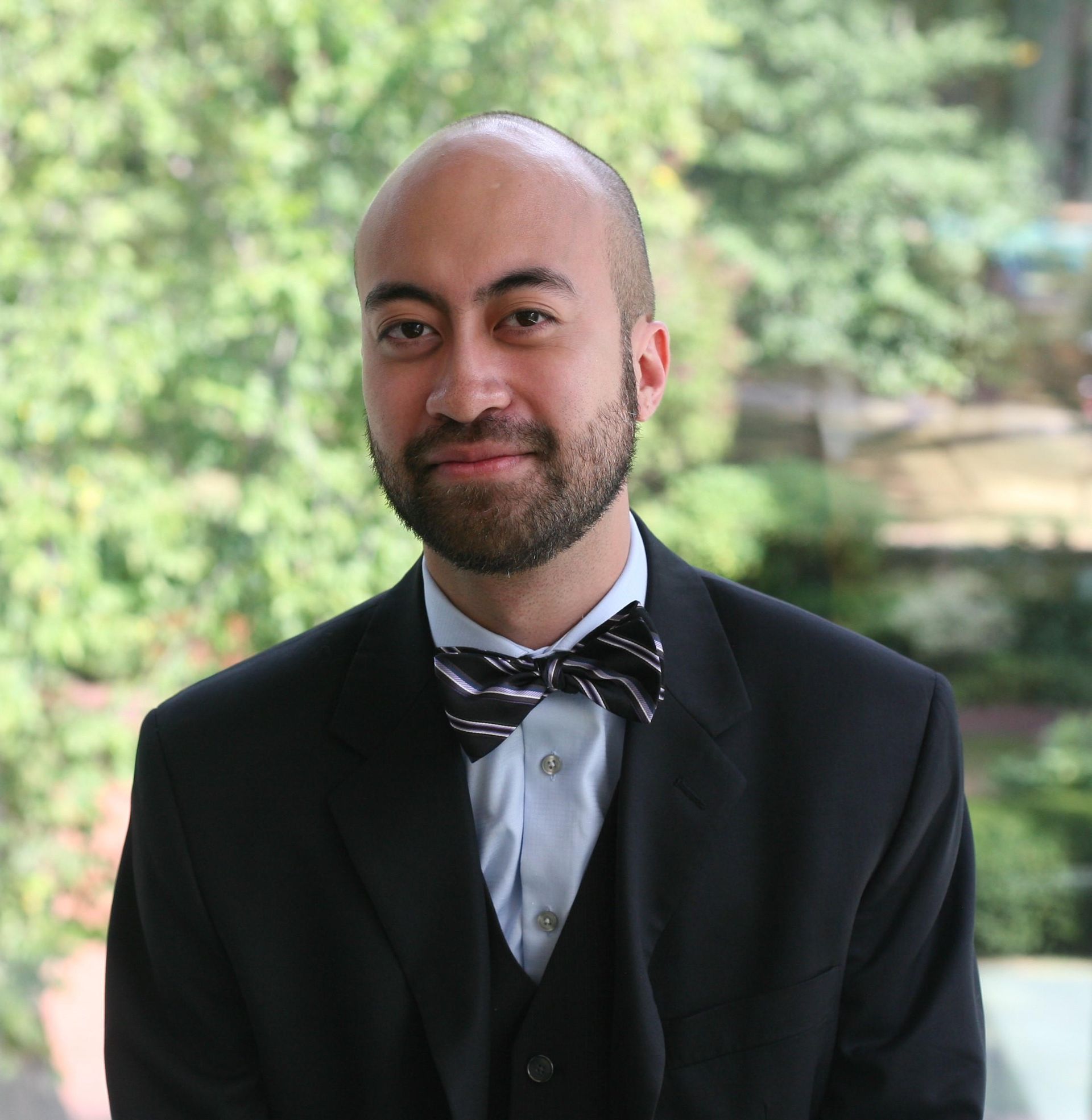
Serving as Assistant Conductor for Orchestra 2001,
Mark Loria has conducted the ensemble in local concert series and at large festivals and venues on concert tours to China, Hong Kong, Qatar, and the United Arab Emirates.
A conductor, pianist, and organist, he received his undergraduate degree in both music and pre-med from Swarthmore College where his piano teacher was Marcantonio Barone.
Mr. Loria graduated from his studies at Westminster Choir College as a sacred music major and was recently appointed as the new organist for the Cathedral Basilica of Saints Peter and Paul in Philadelphia.
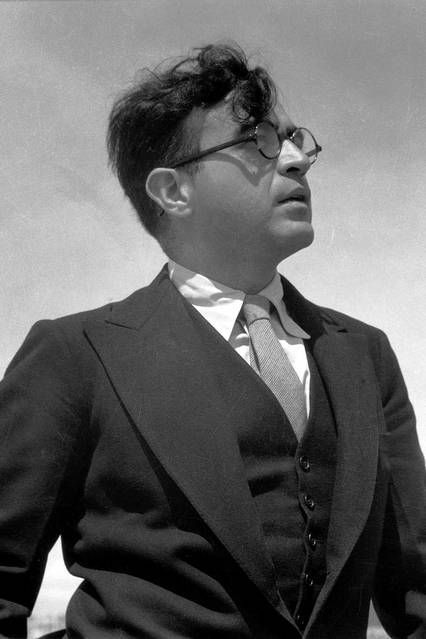
Carlos Chávez (1899-1978) was a renowned Mexican composer, conductor, and educator whose distinctive, often highly percussive music synthesized elements of Mexican, Indian, and Spanish-Mexican influence. He wrote ballets, symphonies, concertos, a cantata, opera, and pieces for voice, piano, and chamber ensemble.
Coming of age at the close of the Mexican revolution and during a time of renewed cultural nationalism, Chávez's investigation of indigenous Indian cultures, native folk elements, and dance forms brought an unprecedented vigor and visibility to 20th-century Mexican music. His orchestration and use of native instruments was inimitable with poly-rhythms and syncopation.
Xochipilli is the god of art, games, beauty, dance, flowers, and song in Aztec mythology. Commissioned by MoMA president Nelson Rockefeller, Chávez wrote the piece for an exhibit of Mexican art, with masterful modern orchestration simulating the sounds of traditional Aztec instruments.
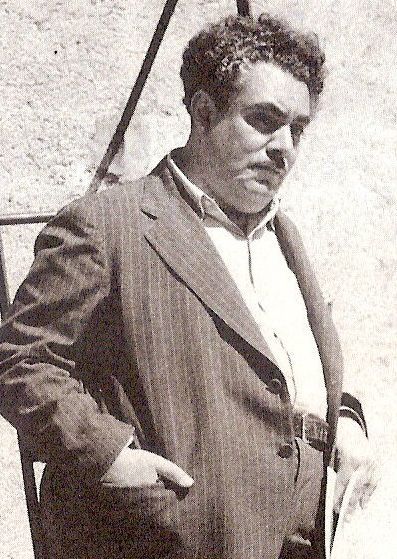
Regarded as the most inventive of modern Mexican composers, Silvestre Revueltas (1899-1940) began his training as a violinist before concentrating on conducting and composition. Carlos Chávez' invited him to become Assistant Conductor of the Mexico Symphony Orchestra and he taught violin, conducting, and composition at the National Conservatory of Music.
Revueltas conducted several of his orchestral works in Spain in 1937, lending support to the Republican cause during the Spanish Civil War. In his last decade, he had been astonishingly productive, writing almost 40 works – including 6 for full orchestra and 8 film scores – in a mature, vitally individual voice. In Ocho por Radio (1933), he used his unique style that incorporates Mexican folk influences without using actual quotes.
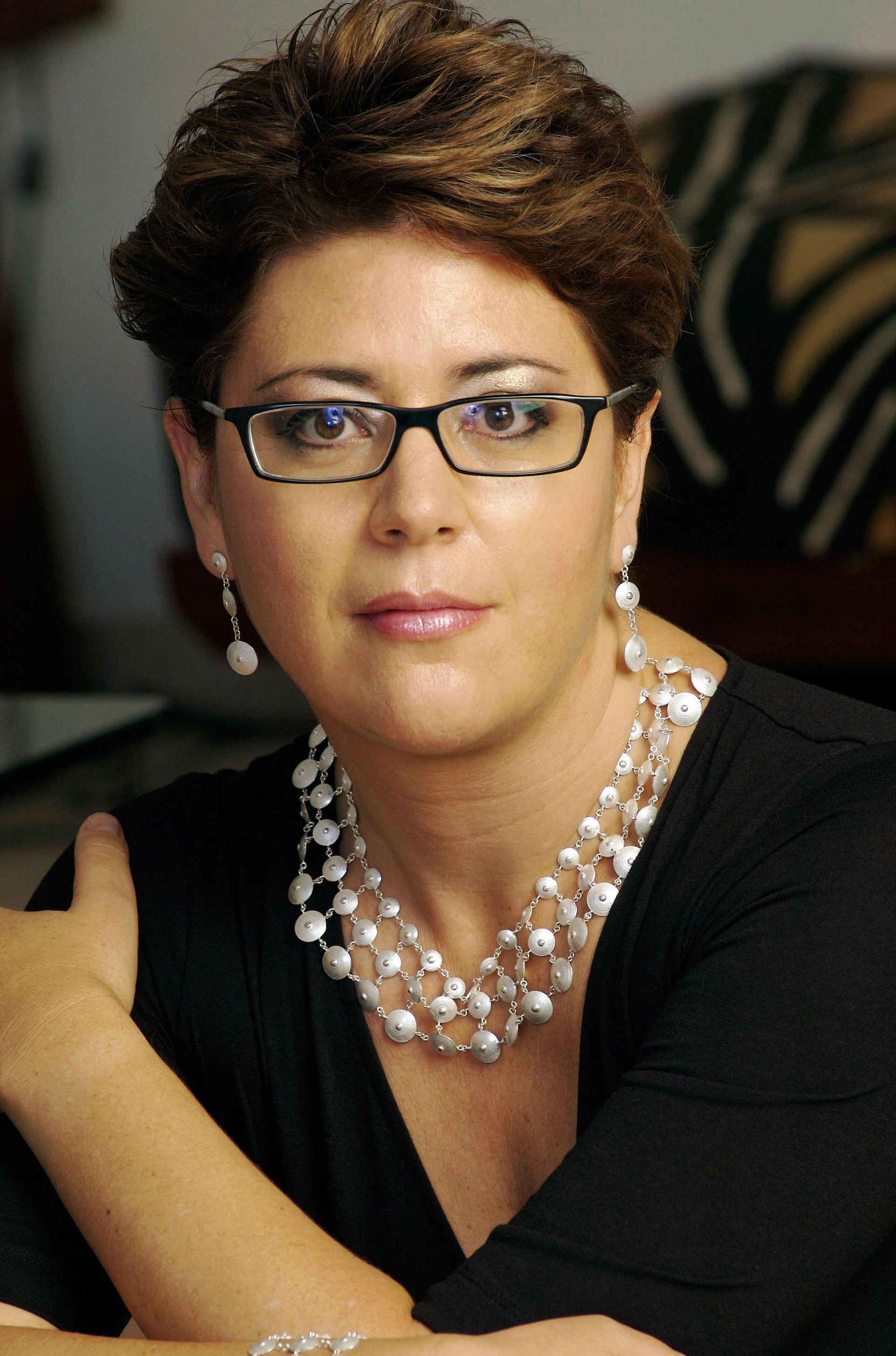
Gabriela Ortiz (b. 1964) is one of the foremost composers in Mexico today. Her musical language is a synthesis of tradition and the avant-garde, combining high art, folk music and jazz.
Ortiz has been commissioned by the Los Angeles Philharmonic (Esa-Pekka Salonen and Gustavo Dudamel); Kronos Quartet, Dawn Upshaw, and BBC Scottish Symphony, among others. She has been honored with Guggenheim and Fulbright Fellowships, and grants from the Ford Foundation and Rockefeller Foundation.
She trained with Mario Lavista at the National Conservatory of Music and Federico Ibarra at the National University of Mexico. She currently teaches composition at the Mexican University of Mexico City and as visiting faculty at Indiana University.
Ríos: Papaloapan is the first movement of Ortiz’ larger work inspired by two rivers: the Papaloapan in Mexico, and the Rhone in Europe.
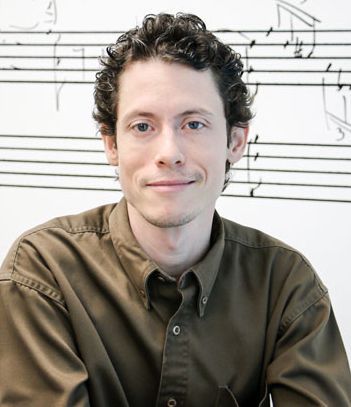
Francisco Cortés-Álvarez (b.1983) was winner of the Morton Gould Composition Award and the Jacob Druckman Orchestral Composition Award. He has developed a diverse career as composer, arranger, producer and pedagogue. His music has been performed in America, Europe, Asia and Africa, including the Aspen Music Festival, Mizzou New Music Festival, and Music X (Switzerland).
Cortés-Álvarez has collaborated with renowned ensembles and orchestras such as Alarm Will Sound,, National Symphonic Orchestra of Mexico, Michoacán Symphonic Orchestra, Cassatt String Quartet, Onix, Túumben Paax, among others; and he has been a fellow of Tania León's Honor Scholarship (ASCAP).
Francisco studied Composition at the National Autonomous University of Mexico (UNAM); and Master's and Doctorate at the University of Indiana where he obtained the Dean's Prize and held a position as adjunct teacher and director of the Latin American Music Ensemble. He is currently a teacher and founder of the program in musical composition of the School of Fine Arts of the Universidad Panamericana, and full time professor at the Facultad de Música of the UNAM.
Mr. Cortés-Álvarez’ commission with Orchestra 2001, and his travel to the United States for this residency, has been funded by a generous grant from the Steven R. Gerber Trust. His new work, Transcending Walls, is meant serve as a bridge between the people of Mexico and the United States, inspired by the work of muralists on the Mexican side of existing border walls.
LISTEN TO SOME OF THE MUSIC:
CONTACT US:
Phone - 267-687-6243
email - info@orchestra2001.org
Permanent Mailing Address:
P.O. Box 7211, Philadelphia, PA 19101
Physical Address:
Cherry Street Pier, 121 N. Columbus Boulevard, Philadelphia, PA 19106
Orchestra 2001 (O2001) presents: music of the 20th and 21st centuries, concerts in Philadelphia, PA., new American music, and American contemporary music.
© 2019 Orchestra 2001.
